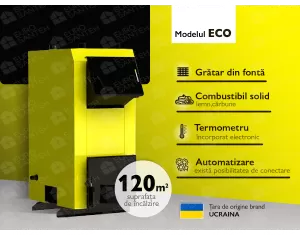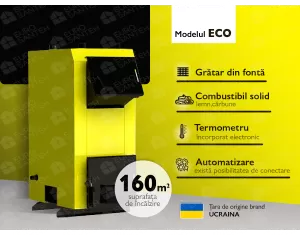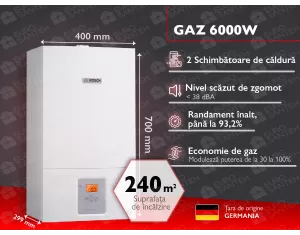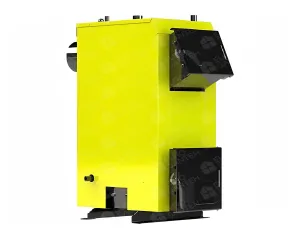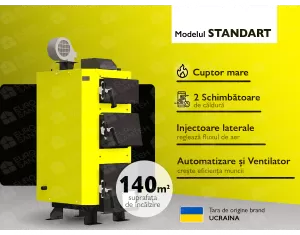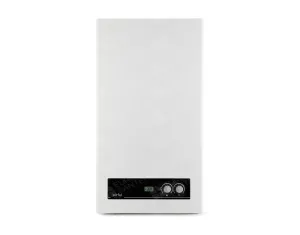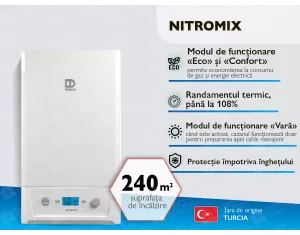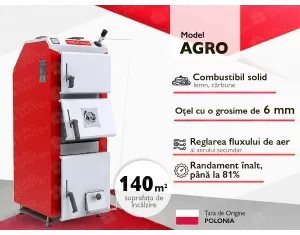Boilers
Boilers are selected for apartments with limited utility space, for houses with long heating cycles, and for commercial properties that require stable daily heat delivery. In Chisinau and across Moldova, a reliable setup is defined by real heat loss, fuel format, and operating profile.
Before installation, teams check effective capacity, flue layout, hydraulic conditions, electrical baseline, and maintenance access. Wrong sizing or wrong configuration often leads to excess consumption and repeated adjustments after launch.
The practical workflow is load calculation, installation validation, fitting, startup, and service planning.
When this category is the right entry point
This page is used when the project needs side-by-side comparison across fuel types and automation levels before moving to a specific subtype page.
What drives the final choice
Core factors are heat loss, system pressure, heat carrier specifics, flue constraints, and control level. For intensive operation, maintenance intervals are planned from the start.
Installation, startup, and operating stability
Before works begin, placement, connection scheme, exhaust route, and safety conditions are fixed. After installation, startup checks are completed in real modes and service terms are aligned.
What else matters in selection
Where gas supply is stable, teams usually compare gas boilers for automated daily control. For off-grid scenarios, projects often review solid fuel boilers to keep operational autonomy in winter. When electrical infrastructure is suitable, they assess electric boilers as compact and controllable options. For turnkey rollout, execution is typically coordinated through boiler installation with startup verification.
Frequently asked questions
What sites are boilers suitable for?
For apartments, houses, and commercial sites that need stable heat delivery based on real load.
What is checked before installation?
Heat loss, routing, exhaust, power baseline, hydraulics, and service access.
Can installation and startup be delivered in one project?
Yes, selection, fitting, and commissioning can be coordinated in one workflow.
How can overuse risk be reduced?
By accurate load-based sizing and proper operating-mode setup at launch.
Is service available after startup?
Yes, service terms are fixed when project conditions are confirmed.
